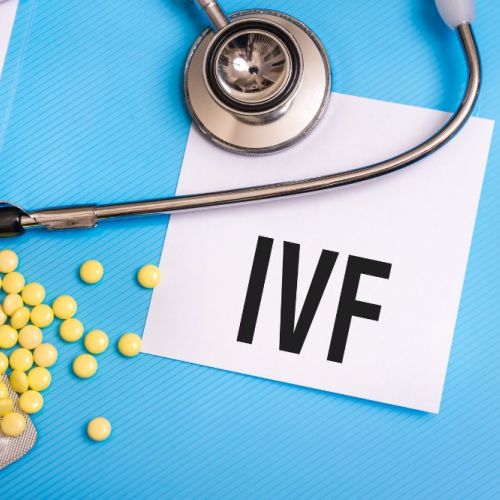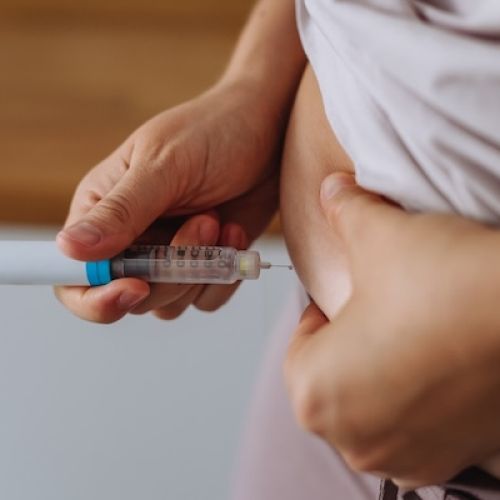When Does Fertility Decline?

It’s not uncommon for people to delay having children until their 30s or 40s, often because of focusing on a career or not being ready to settle down. If you’ve chose to delay having children, you may not give much thought to the aging process and how it may be affecting your fertility. You may believe you have plenty of time, especially when you see celebrities having children in their late 40s and sometimes even later. Having a child later in life sometimes requires the help of fertility experts, and the older you are, the more likely that you may need treatment for infertility. When does fertility decline?
Fertility Decline in Women
Women are born with a set number of eggs. Fertility peaks in the late teens and 20s, which is a time many women aren’t ready to consider children for emotional or financial reasons. Fertility, which is the ability to get pregnant, has started a slow decline by age 30. By the mid to late 30s, fertility is declining rapidly.
Women who try to get pregnant in their mid-30s or 40s may find it’s not as easy as they expected and many women need the help of fertility professionals to conceive, especially if it’s after the age of 35. There’s a decline in egg count and egg quality as women age. The risk of miscarriage or chromosomal abnormalities also increases with age. Because of this decline, women who think they may want to get pregnant later in life may wish to consider freezing their eggs when they’re between 27 and 34.
Fertility Decline in Men
Aging can also be a factor in male fertility. The peak of a man’s fertility is in his mid to late 20s. By age 30, sperm quality is beginning to decline. There’s a significant decrease in semen volume by the age of 45. The aging process in men also affects testosterone levels.
As the levels of this important hormone decline, both sperm quality and sexual function may be impacted. Sperm motility may also be affected, making it more difficult for sperm to successfully reach the egg. Declining sperm quality increases the risk of genetic diseases.
Other Factors That Can Affect Fertility
Age isn’t the only factor that can cause a decline in fertility. Poor lifestyle choices such as smoking, drinking heavily and leading a sedentary lifestyle can all have an impact on fertility. Your fertility may also be impacted if you struggle with obesity.
Getting pregnant late in life increases the risk of complications for the mother and the risk of miscarriage or stillbirth. Both women and men should keep their decline in fertility in mind if they choose to postpone having children.
The Center for Reproductive Health can help you learn what you can do to be proactive about your reproductive health. The team is available to help if you have questions about freezing eggs or sperm or about the treatment options that are available if you’re trying to get pregnant. Schedule an appointment for a consultation today.




